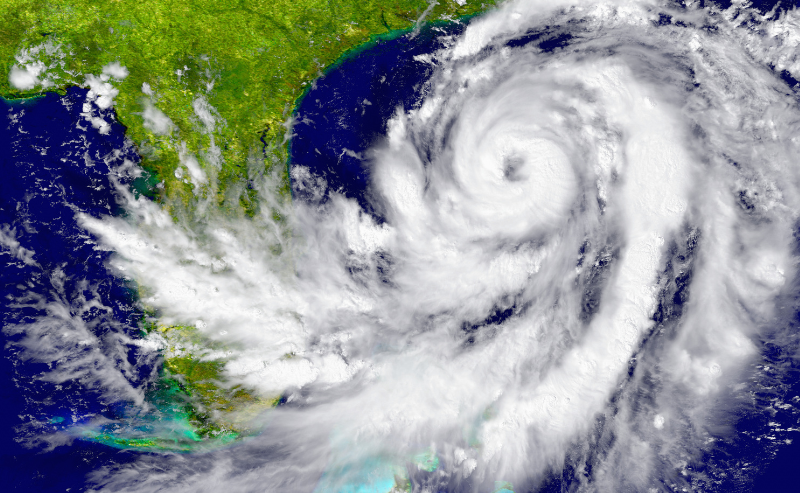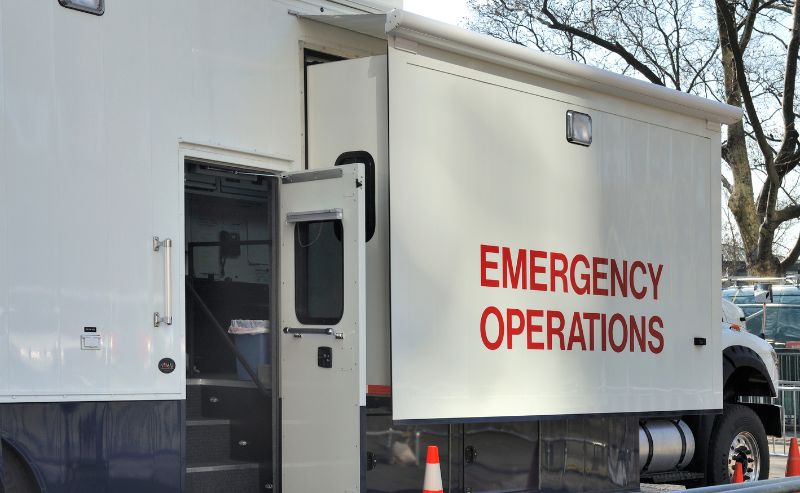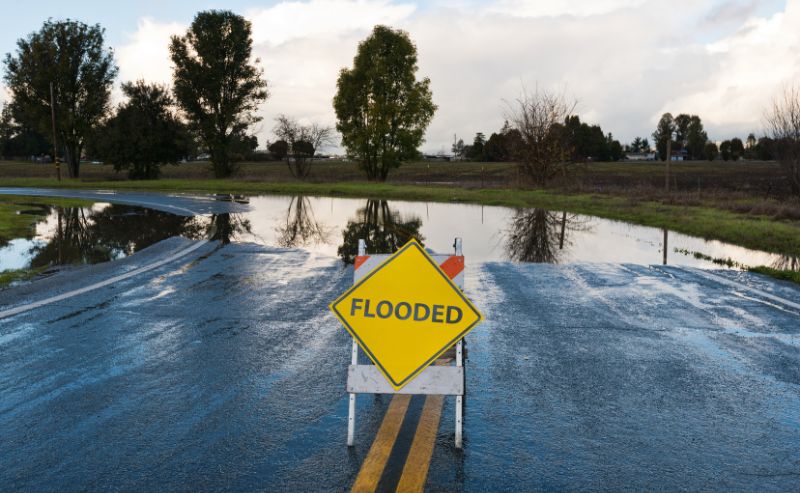The start of the 2023 Atlantic hurricane season is just around the corner—it officially begins June 1st and runs through November 30th. And, while the outlook isn’t as bleak as in years past, it still warrants people’s attention and preparedness. This is especially true for those who live and work along the coast and those inland where the potential for flooding exists.
Earlier this year, Colorado State University (CSU) meteorological researchers released their prediction of a slightly below-average season. It calls for 13 named storms and six hurricanes (two of which are major, i.e., rated category 3 or higher). Following is the list of names for the 2023 season: Arlene, Bret, Cindy, Don, Emily, Franklin, Gert, Harold, Idalia, Jose, Katia, Lee, Margo, Nigel, Ophelia, Philippe, Rina, Sean, Tammy, Vince, and Whitney.
A typical Atlantic hurricane season averages 14 named storms and seven hurricanes, with three becoming major. CSU researchers believe the transition from La Niña to El Niño will result in less tropical activity in 2023. While this is good news, it does not mean anyone should let their guard down.
In fact, it’s just the opposite. Researchers are only human, and predictions are just best guesses. While there is considerable scientific research to support these forecasts, Mother Nature, as we know, has a mind of her own.
Who can forget the 2020 Atlantic hurricane season? The National Oceanic and Atmospheric Administration (NOAA) and its Climate Prediction Center may have predicted an above-normal season, but no one expected it to shatter previous records. It ended with 30 named storms, 11 of which made landfall in the continental U.S.
The 2021 Atlantic hurricane season, too, was expected to be an above-average season but wound up being the third-most active Atlantic hurricane season on record. In fact, with 21 named storms, it became the second season in a row (and third overall) in which NOAA’s designated 21-name list of storms was exhausted.
Last year, NOAA predicted yet another above-normal season, with 14 to 21 named storms. As it turned out, 14 named storms did form, eight of which became hurricanes, with two being major ones. Of them, Hurricane Ian, a powerful, category 5 storm, became the third costliest weather disaster on record and the deadliest hurricane to strike Florida since 1935.
Interestingly (and somewhat concerning) about the 2022 season is that three hurricanes formed in November—Lisa, Martin, and Nicole. This resulted in a tie with 2001 for that month’s most Atlantic hurricane formations on record. Nicole also became the first November hurricane to make landfall in Florida since Kate in 1985. Again, the Atlantic hurricane season officially ends on November 30th.
While the National Hurricane Center has not released its official forecast for 2023, it, like CSU, will likely project an average to below-average season. Regardless of how many or how few storms are predicted, home and business owners, schools, and others must plan ahead and prepare for the worst.
For many, including state, local, tribal, and territorial governments, or SLTTs, this involves the development of continuity of operations (COOP) plans. These plans are designed to ensure that all departments, divisions, and agencies can continue performing their essential daily functions without interruption.
As a reminder, if your SLTT government still needs to review (or exercise) its COOP plan between the end of the last Atlantic hurricane season and the start of this one, do so now. Also, revisit your hazard mitigation plan to see if any previously identified projects may be completed before the season heats up. Its peak usually comes in September, so you may have enough time.
BOLDplanning, a division of Agility, provides expert consultative services coupled with a powerful, cloud-based platform for developing emergency, continuity, and hazard mitigation plans. Let us give you the confidence and peace of mind of knowing your community or organization is ready for hurricanes or any other disaster. Contact us today at 615.469.5558 or info@BOLDplanning for a no-obligation discussion of your preparedness planning needs.






